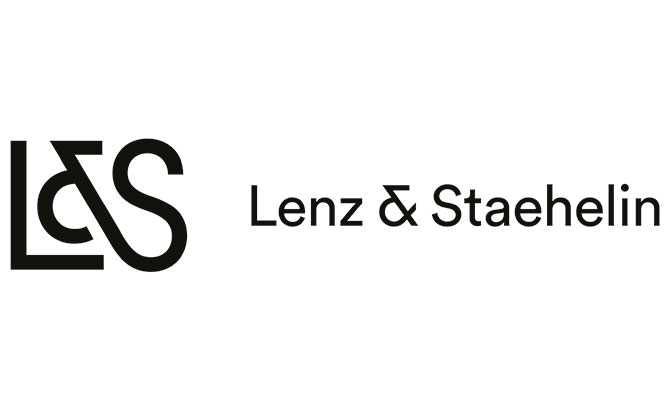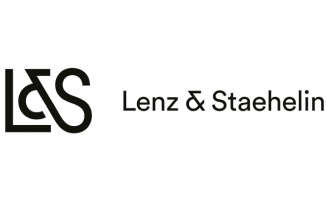Lenz & Staehelin looks at the complex issue of allocation of transaction costs in Swiss deals
M&A transactions entail significant transaction costs, such as fees for investment bankers, legal or tax advisers, due diligence costs and project management expenses. In practice, the question of whether transaction costs should be borne by the target company or its shareholders is regularly a contentious issue. This question gains significance if the acquirer is a holding company without any operational income. In such cases, any transaction costs borne by the acquirer are not tax-effective, given that these expenses cannot be offset against taxable income. The answer to the question of who ultimately bears the transaction costs – the shareholder(s) or the target company – is thus not only relevant concerning Swiss tax and criminal tax law, but can also have a real financial impact.
Case-by-case assessment necessary
From a Swiss tax law perspective, the relevant criterion for determining whether transaction costs can be borne by a target company is whether such costs are incurred primarily in the interest of the shareholder or primarily in the interest of the target company. If transaction costs are primarily in the interest of the shareholder, such costs must be borne by the shareholder. Conversely, if the costs are primarily in the interest of the target company, they may be recharged to the target company and are corporate income tax deductible at that level. Transaction costs are in the interest of the target company and may thus be qualified as commercially justified if these costs have a sufficient connection with the company’s business operations or are directly related to its profit-making activities.
As a further point of reference, the OECD Transfer Pricing Guidelines can be consulted to determine whether transaction costs may be borne by the target company, ie, whether such costs are (i) not for shareholder activities, (ii) confer a benefit to the target company, and (iii) are not duplicative.
With this in mind, let us now examine different types of transaction costs incurred during the sale of a company, including vendor and purchaser due diligence (legal and tax), costs for support during contract negotiations and the preparation of a shareholders’ agreement.
Vendor due diligence costs, depending on the specifics of the case, could be partially recharged to the target company. For instance, if existing contracts are reviewed and renewed as part of the due diligence process, or if the target company catches up on corporate housekeeping activities during this time, such costs may be borne by the target company to the extent they serve its interest. In contrast, purchaser due diligence costs are generally in the interest of the purchaser and, therefore, should not be borne by the target company. Similarly, costs incurred in connection with contract negotiations should not be recharged to the target company, given that a favourable shareholders’ agreement or sale and purchase agreement primarily benefits the shareholders involved, rather than the target company itself.
Undesirable tax consequences for target…
A target company bearing transaction costs that are not in its interest may trigger serious tax consequences and even criminal tax consequences not only for the target and its shareholder(s) but potentially also for its advisers.
A target company bearing transaction costs for the benefit of its shareholders is deemed to make a constructive dividend for Swiss tax purposes. The respective transaction costs are thus not corporate income tax deductible at the level of the target company and subject to the 35% Swiss dividend withholding tax.
… shareholder(s)…
For Swiss resident shareholders, the constructive dividend resulting from an incorrect allocation of transaction costs to the target company is subject to income or corporate income tax. Qualifying corporate shareholders may however benefit from an (conceptually full) exemption under the Swiss participation relief regime.
Furthermore, dividend withholding tax consequences are to be expected. As mentioned above, a constructive dividend is subject to the 35% Swiss dividend withholding tax. Under Swiss withholding tax law, the company making a (constructive) dividend, is required to transfer the incidence of the withholding tax to the recipient of a dividend. Accordingly, the target company has a statutory indemnity claim against the respective recipient of a constructive dividend for payment of the Swiss withholding tax. After paying Swiss withholding tax, the shareholder may be entitled to a full or partial refund of the withholding tax, provided certain requirements as set-out in the Swiss Withholding Tax Act or an applicable double taxation treaty are met.
… and criminal tax law consequences
The accounting of transaction costs that are not commercially justified at the level of the target company may also lead to criminal tax consequences for all involved parties. If the target company has not taken a clear filing position in its corporate income tax return, criminal tax proceedings may be initiated against it and potentially its corporate bodies as well. The typical sanction is a fine, the amount of which can range from a third to three times the amount of corporate income tax evaded, depending on the culpability of the company and its officials.
Constructive dividends may also trigger withholding tax penalties, usually in the form of fines. Under the applicable sanctions regime, only individuals instigating the constructive dividend (typically board members) and not the target company itself are subject to punishment. Practice shows that Swiss authorities tend to be more and more strict in the application of criminal consequences in this respect.
Advisers, such as lawyers, may face criminal tax law consequences as well. They should under no circumstances allow themselves to be persuaded to invoice the company for services provided to the shareholder. If they invoice the target company for services rendered to the shareholder, they may be considered complicit in tax evasion.
Conclusion
The allocation of transaction costs in M&A transactions is a complex issue, which may give rise to significant Swiss tax and criminal tax implications if not correctly handled. It is therefore not surprising that this topic is often discussed between tax administrations and tax advisers and may result in tax litigation. Careful planning and the timely involvement of experts are thus recommended.
For more information contact

Jean-Blaise Eckert
Partner, head of tax
E: jean-blaise.eckert@lenzstaehelin.com

Lukas Aebi
Associate
E: lukas.aebi@lenzstaehelin.com















